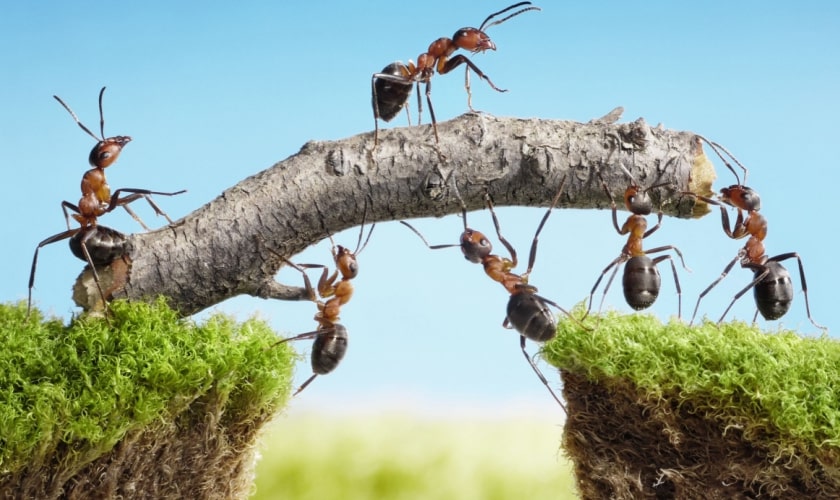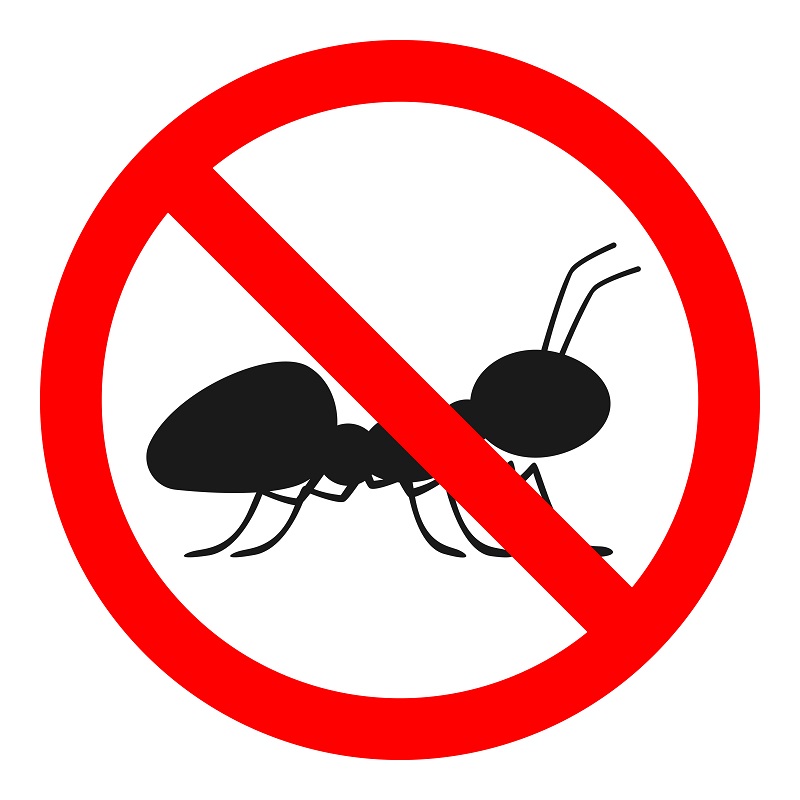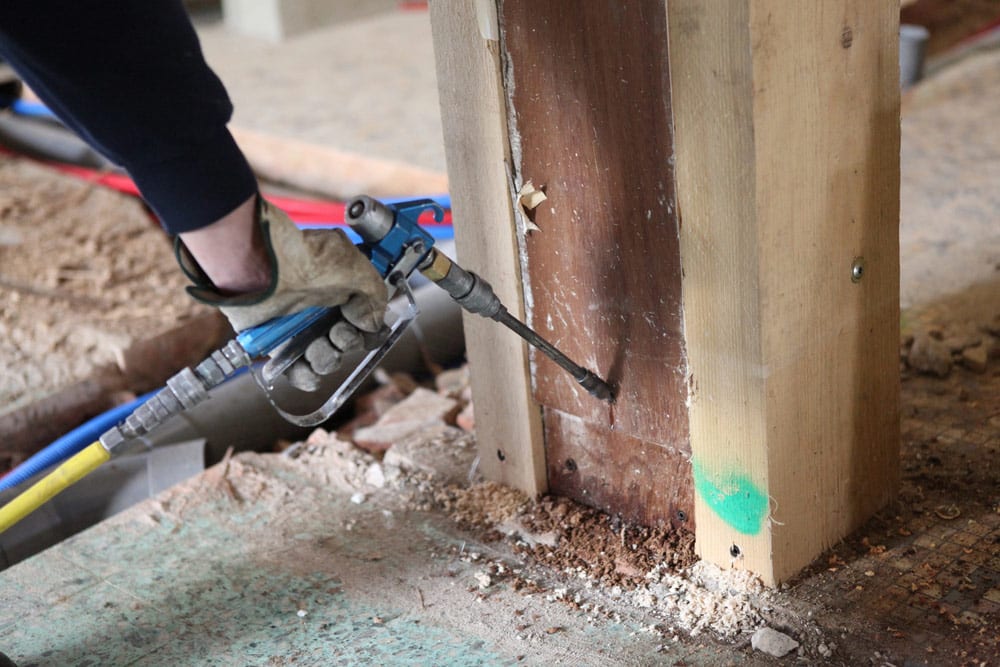Budget Friendly Ant Control Solutions: Maintain Your Room Ant-Free
Budget Friendly Ant Control Solutions: Maintain Your Room Ant-Free
Blog Article
Environmental Influence of Parasite Control: Harmonizing Performance With Sustainability
The environmental influence of insect control is an essential issue that calls for a delicate equilibrium between attaining effectiveness in guaranteeing and managing insects sustainability of our ecosystems. From the usage of dangerous chemicals that leak into our dirt and water to the unplanned effects on non-target species, the repercussions of conventional bug control methods are far-ranging.
Hazardous Chemicals in Bug Control
The use of dangerous chemicals in insect control postures considerable environmental and wellness risks that warrant careful factor to consider and mitigation approaches. Chemicals, herbicides, and insecticides are generally made use of to eliminate parasites, but their prevalent application can lead to unintended repercussions. These chemicals can pollute soil, water sources, and the air, influencing not only the targeted parasites yet likewise useful pests, wildlife, and human beings.

To resolve these risks, incorporated pest management (IPM) techniques are being advertised as an extra lasting option. IPM entails a mix of techniques such as biological control, habitat manipulation, and the targeted use of pesticides as a last option (ant control gastonia nc). By adopting an alternative technique to pest control, we can decrease the environmental and wellness influences associated with unsafe chemicals while efficiently managing pest populaces
Influence On Non-Target Variety
Taking into consideration the unplanned repercussions of pest control techniques, the effect on non-target species is a crucial facet that needs comprehensive evaluation. While parasite control procedures aim to target certain insects, various other organisms in the ecological community might be inadvertently influenced. Non-target species, consisting of useful insects, birds, creatures, and even plants, can endure direct or indirect harm from pesticide applications or organic control approaches.
Pesticides created to battle a specific insect parasite may hurt pollinators like or natural predators such as ladybugs. Biological control agents, if not species-specific, can position dangers to unexpected targets, interfering with the environmental equilibrium.
To minimize the influence on non-target varieties, incorporated bug administration (IPM) approaches that stress an all natural technique to pest control are suggested. These techniques prioritize using eco-friendly techniques, decreasing damage to beneficial microorganisms while properly taking care of pest populaces. Conducting comprehensive risk analyses and checking the end results of bug control efforts are important steps in guarding non-target varieties and advertising total environment health.
Dirt and Water Contamination
Unexpected ecological consequences of insect control methods prolong past impacting non-target species, with considerable effects for dirt and water contamination - termite control services. Pesticides, herbicides, and chemical fertilizers made use of in parasite control can leach into the soil and infect groundwater, positioning a danger to both terrestrial and water ecological communities.
Water contamination is an additional important concern related to bug control techniques. Overflow from farming fields treated with chemicals can lug these chemicals into nearby water bodies, impacting water microorganisms and water top quality. Impurities in water sources can have far-ranging repercussions, affecting not only water life however additionally human health and wellness with the usage of polluted water or aquatic organisms. To reduce dirt and water contamination from insect control activities, integrated pest monitoring strategies that prioritize sustainability and minimize chemical inputs are critical.
Air Pollution From Chemical Use
Direct exposure to airborne pesticides during agricultural applications postures a considerable concern for air pollution control actions. In addition, pesticide drift, where chemicals are brought by the wind to unintended areas, can lead to the contamination of neighboring communities and water bodies.

Approaches for Sustainable Insect Control
In the world of farming techniques, implementing sustainable insect control methods is paramount for maintaining environmental balance and securing plant returns. Lasting parasite control emphasizes using ecologically friendly techniques to handle bug populaces properly while reducing damage to non-target organisms and ecological communities. Integrated Parasite Management (IPM) is a widely adopted method that combines biological, social, physical, and chemical control techniques to achieve lasting bug management options.
One trick approach in lasting bug control is promoting biodiversity within agroecosystems. By enhancing natural enemies of parasites, such as killers and parasitoids, farmers can minimize the need for synthetic pesticides. Crop turning and diversity are likewise effective strategies to interfere with pest life process and produce much less desirable problems for bugs to flourish. Additionally, making use of pest-resistant crop selections and utilizing techniques like catch chopping can help reduce insect stress without depending heavily on chemical treatments. Ultimately, by incorporating these sustainable pest control techniques, farmers can accomplish a balance between pest management performance and environmental stewardship.
Conclusion
Finally, the environmental effect of pest control methods must be meticulously thought about to balance effectiveness with sustainability. Unsafe chemicals utilized in pest control can lead to soil and water contamination, air contamination, and harm non-target types - termite control. It is essential to carry out sustainable insect control approaches to minimize these negative impacts on the setting and advertise a healthier ecosystem for future generations
By adopting an alternative technique to pest control, we can decrease the ecological and health impacts linked with harmful chemicals while successfully taking care of pest populations.

To minimize the air pollution created by pesticide usage, it is essential to take on integrated insect monitoring techniques that focus on the usage of non-chemical pest control techniques, such as plant turning, all-natural predators, and resistant plant varieties. Sustainable parasite control emphasizes the use of eco friendly methods to handle insect populations successfully while minimizing injury to non-target organisms and ecological communities. Integrated Parasite Administration (IPM) is an extensively taken on method that incorporates organic, cultural, physical, and chemical control techniques to accomplish long-lasting pest monitoring services.
Report this page